Regeneration and Renewal

A mentor of mine often shares a simple yet humbling notion: “An organized lie is more powerful than a disorganized truth.” It’s in that spirit that I invite you to join us in reflecting on a couple of questions: First, what does ‘regenerative’ mean to you? And what would a regenerative food system look like? This […]
Agrarian Trust Selected as Provisional Recipient of USDA Increasing Land Access Grant
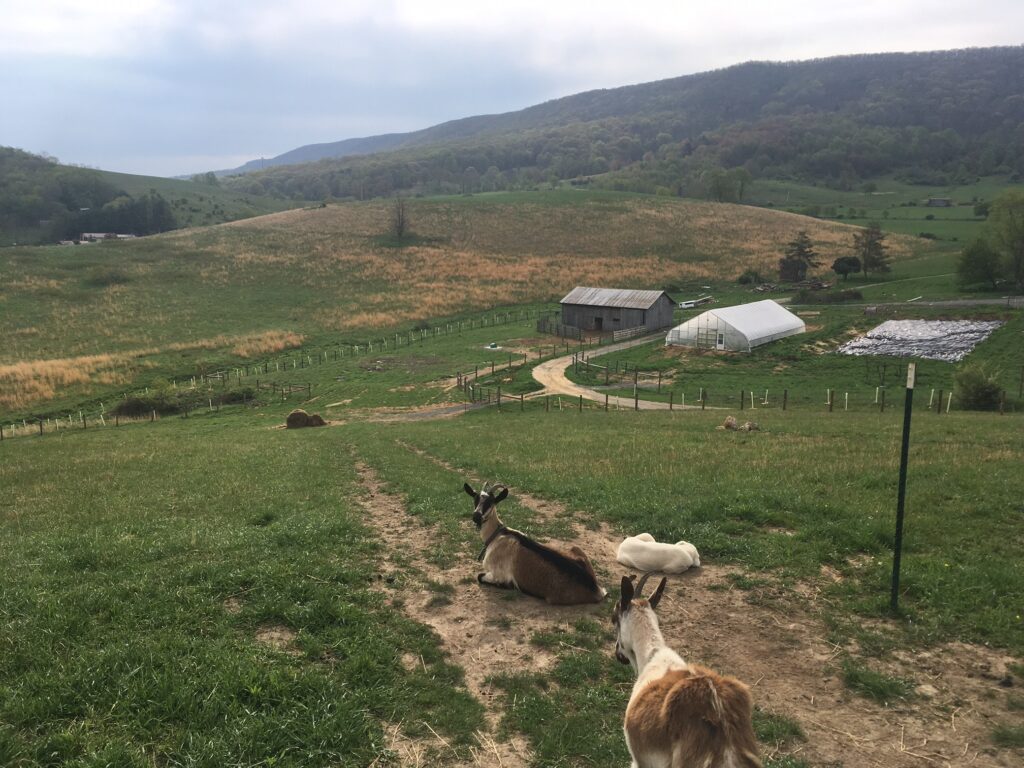
The funding allocated to Agrarian Trust and its partners will go towards providing technical assistance and securing land for farmers who are Black, Indigenous, People of Color (BIPOC) in Texas, Nebraska, New York, and Tennessee.
Weaving Webs of Connection with the Tennessee Local Food Summit
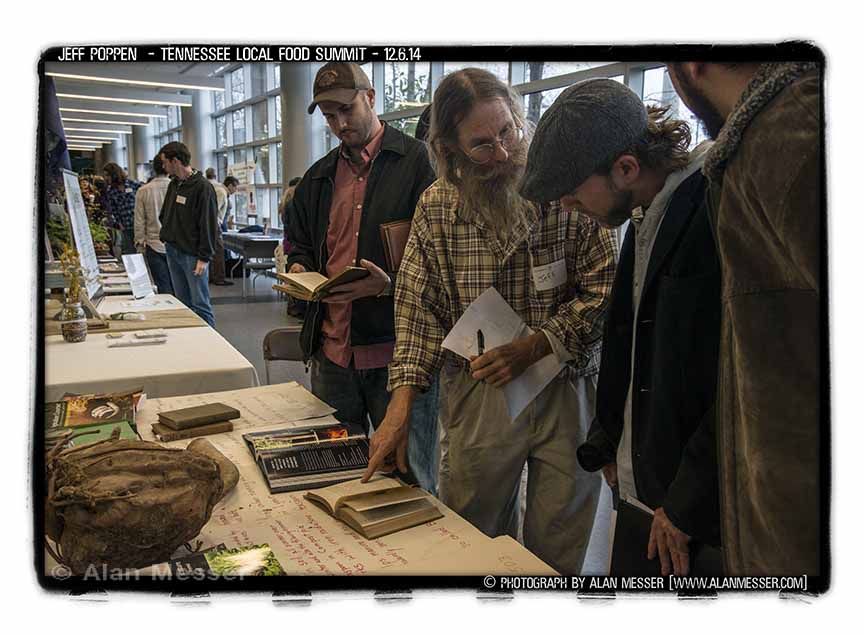
When Poppen founded the Tennessee Local Food Summit in 2010, it was the latest in a decades long lineage of organic farmers independently organizing events to support themselves and one another.
Agrarian Trust Co-sponsored the 2022 Food Week of Action

Last week, food justice organizations around the country observed the Food Week of Action, an initiative led by Presbytarian Hunger Program. This year’s Week of Action had the theme People and Planet First, and centered the work of farmers, fishers, and other agriculturalists as they fight to build food sovereignty across the globe. As part of the Week of Action, participating organizations hosted events, actions, and worship services supporting this critical effort.
The Legacy of Land
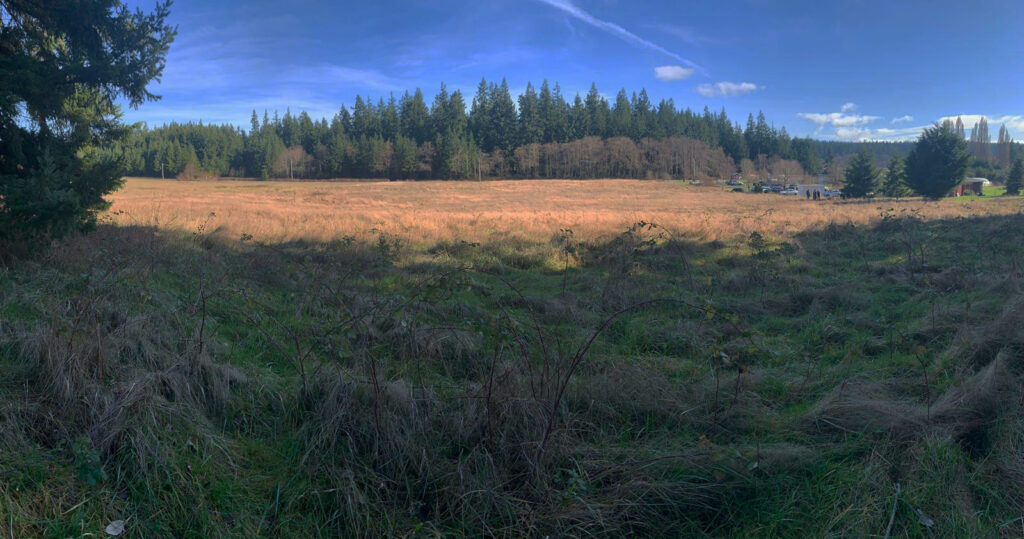
While these are the most common options donors use to transfer land into an Agrarian Commons, every donor is different. Agrarian Trust will work closely with prospective donors to ensure that they are able to make the gift in a way that best suits their needs, while continuing to support the Agrarian Commons. For example, donors can choose to donate only part of their land, or to spread their donation out over a couple of years in order to receive the optimal tax benefits. Nonprofits and land trusts are also welcome to donate land to Agrarian Trust.
Ensuring Donated Land Gets Managed Equitably
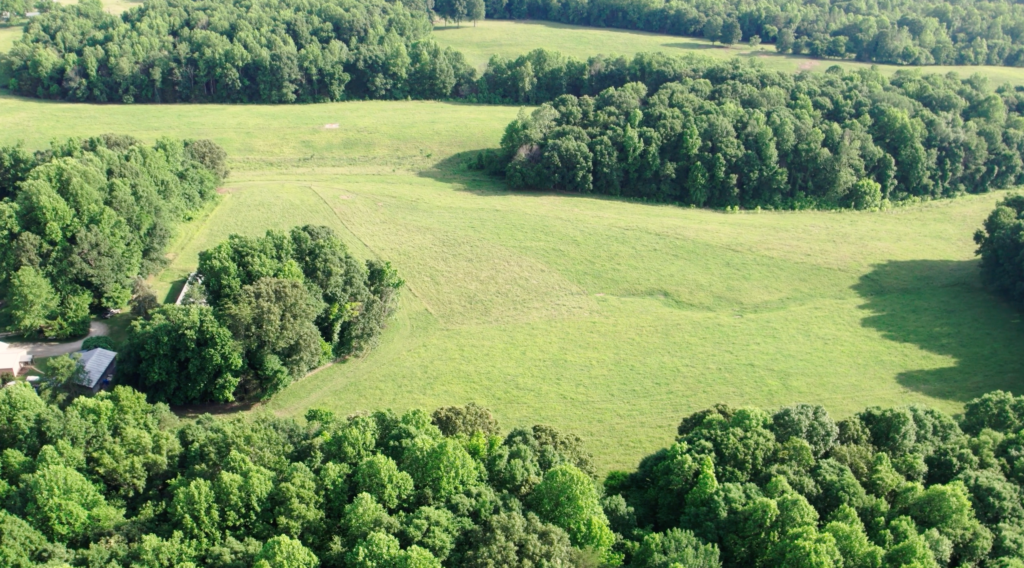
For Callie, successfully conserving agricultural land with issues of racial equity and environmental sustainability in mind took a lot of time and plenty of careful planning. After inheriting the land in 2015, Callie enrolled in classes at the local college and attended conferences on biological farming in search of farmers who shared her vision. Callie found a number of farmers who were interested in working the land, but only one couple was able to make a long-term commitment. Finally, after years of looking for a good fit, Callie and her husband found the Agrarian Commons model.
Building the Foundations for Food Sovereignty at Lick Run
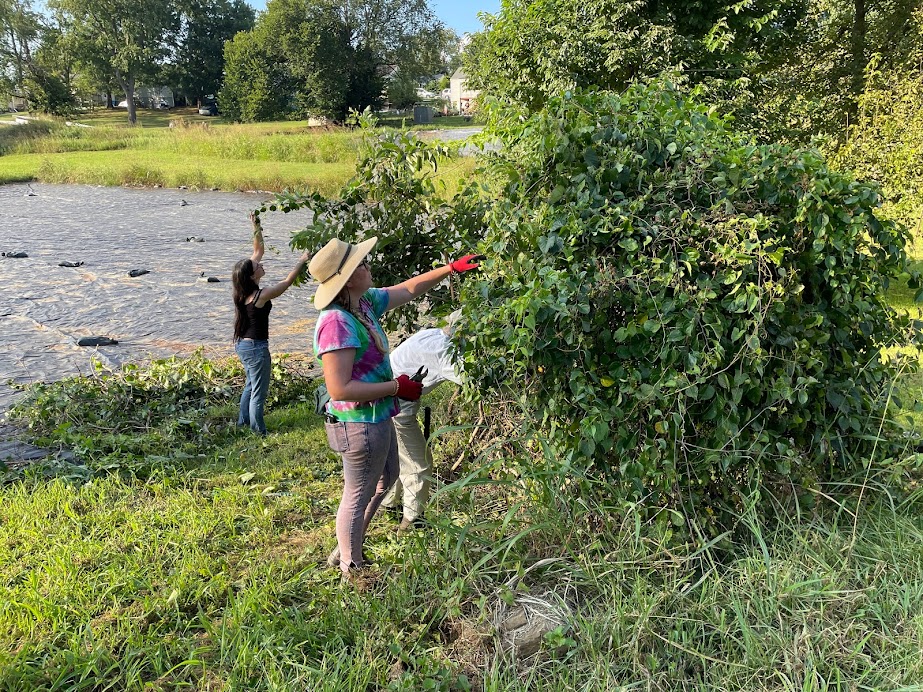
Community engagement and youth education play key roles in Terry’s vision for Lick Run Farm—even when it comes to creating a viable farm infrastructure. Building a greenhouse, Terry pointed out, can be an opportunity for teens to acquire important career skills.
“Something I learned firsthand when I first started farming was that farming is so much more than raising plants,” said Terry. “You at least have to be competent with plumbing, carpentry, maybe even a bit of electrical work.”
Ostrom’s Eight Design Principles for a Successfully Managed Commons
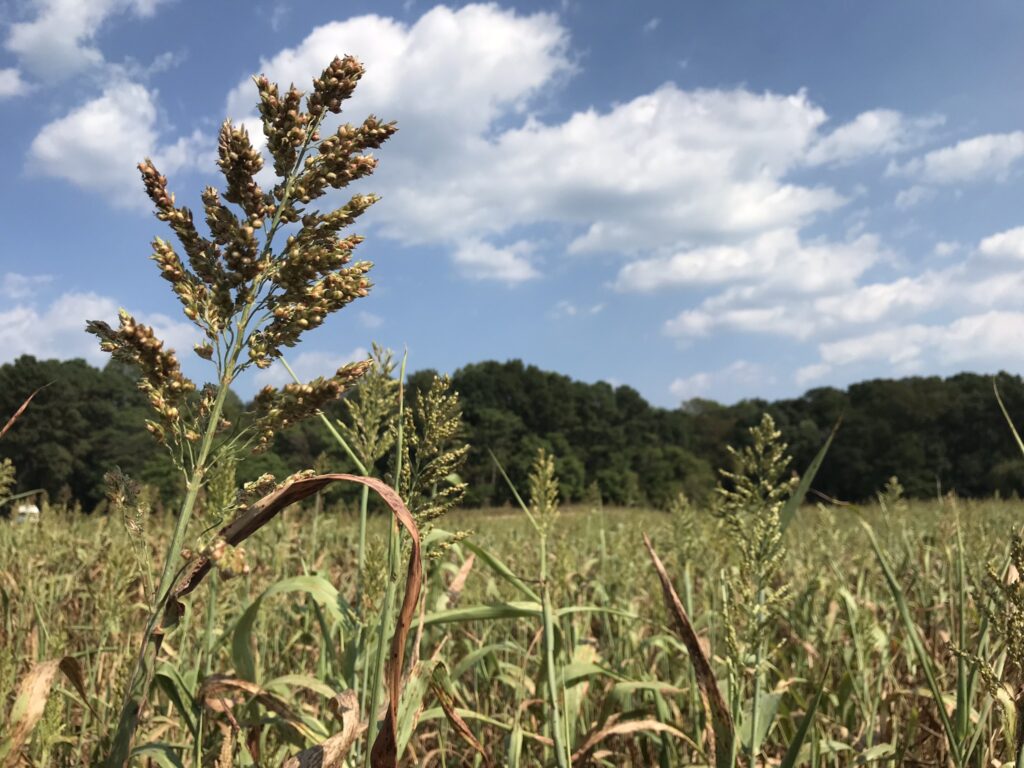
Torbel came to international attention in 1990, when Ostrom published her groundbreaking study of commons, Governing the Commons: The Evolution of Institutions for Collective Action. In the book, Ostrom argued against the dominant understanding of the commons, as exemplified by Garret Hardin’s Tragedy of the Commons, which held that the commons would inevitably—and tragically—be depleted by rational, self-interested actors. The existence of communities like Torbel was evidence enough for Ostrom that Hardin’s model was too abstract.
Restoring Native Pollinator Habitats with the Agrarian Commons

In the past twenty years, habitat loss, pests, pathogens, a lack of genetic diversity among pollinator species, and the reckless use of pesticides has caused a drastic drop in the United State’s pollinator population. Between April 2020 and April 2021 alone, beekeepers report losing 45.1 percent of managed honey bee colonies. This loss of pollinators impedes the function of successful ecosystems and poses a direct threat to farmers’ ability to successfully grow food. According to the United States Department of Agriculture (USDA), about “one mouthful in three in our diet directly or indirectly benefits from honey bee pollination.”
Enclosure: Old and New
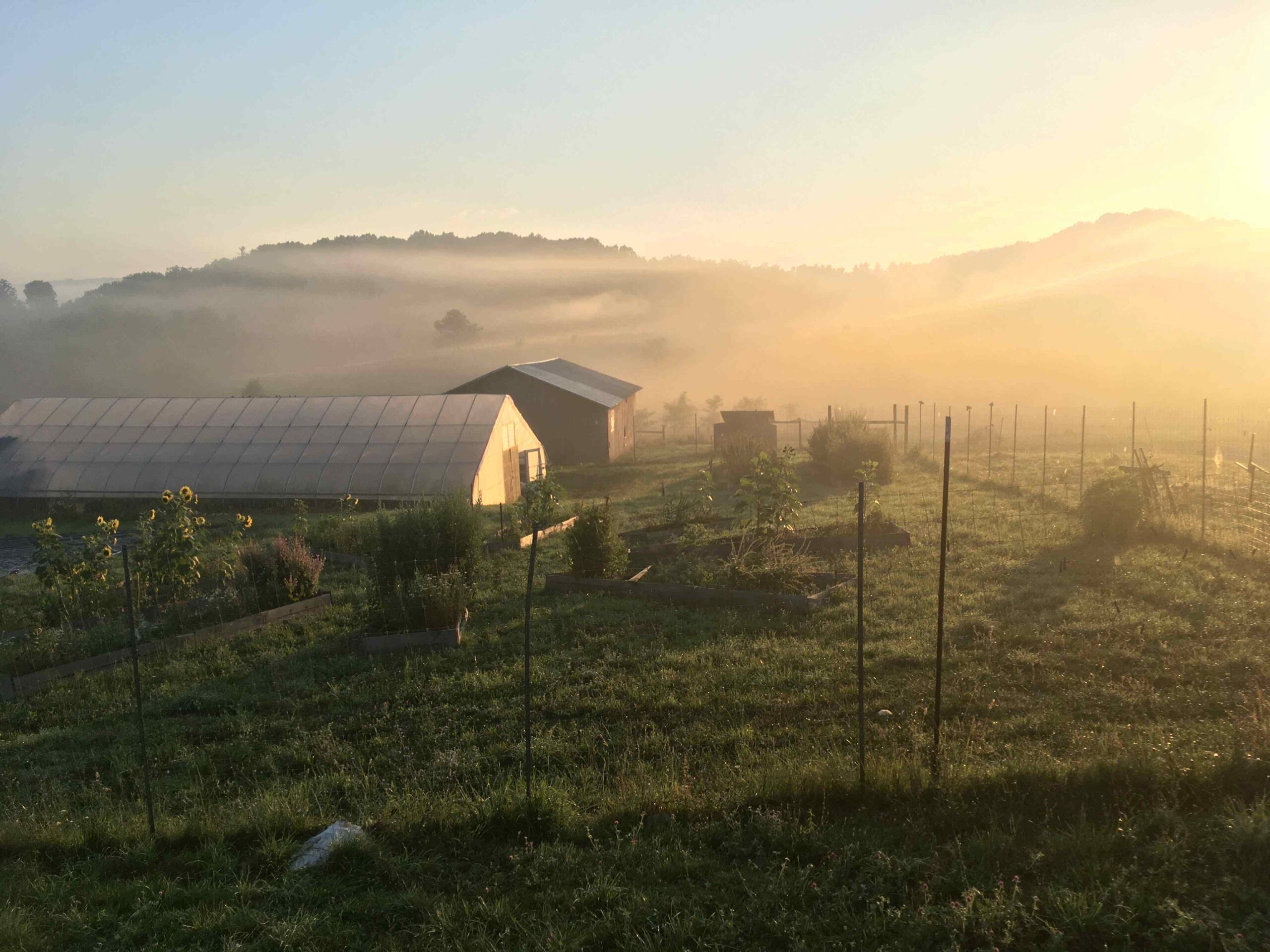
The Agrarian Commons is part of a long history of innovative commoning practices that have been formed in opposition to the commodification of land. Yet the dominant narrative in history textbooks frames the commons as a relic of the past, rendered obsolete by the “enclosures,” or widespread land grabbing that lasted from the 15th to 17th century. This narrative has been challenged by thinkers and activists who recognize that around the world, commoners are still actively fighting against efforts to grab their land and overturn traditional land rights. Agrarian Trust stands with these commoners as they seek to articulate a new, just vision of land tenure.